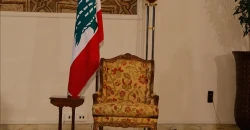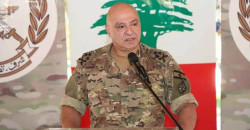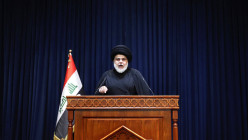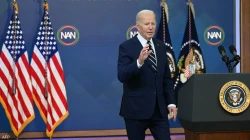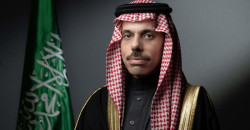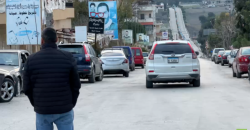From barracks to presidency: will Lebanon’s new president steer the country away from the war?
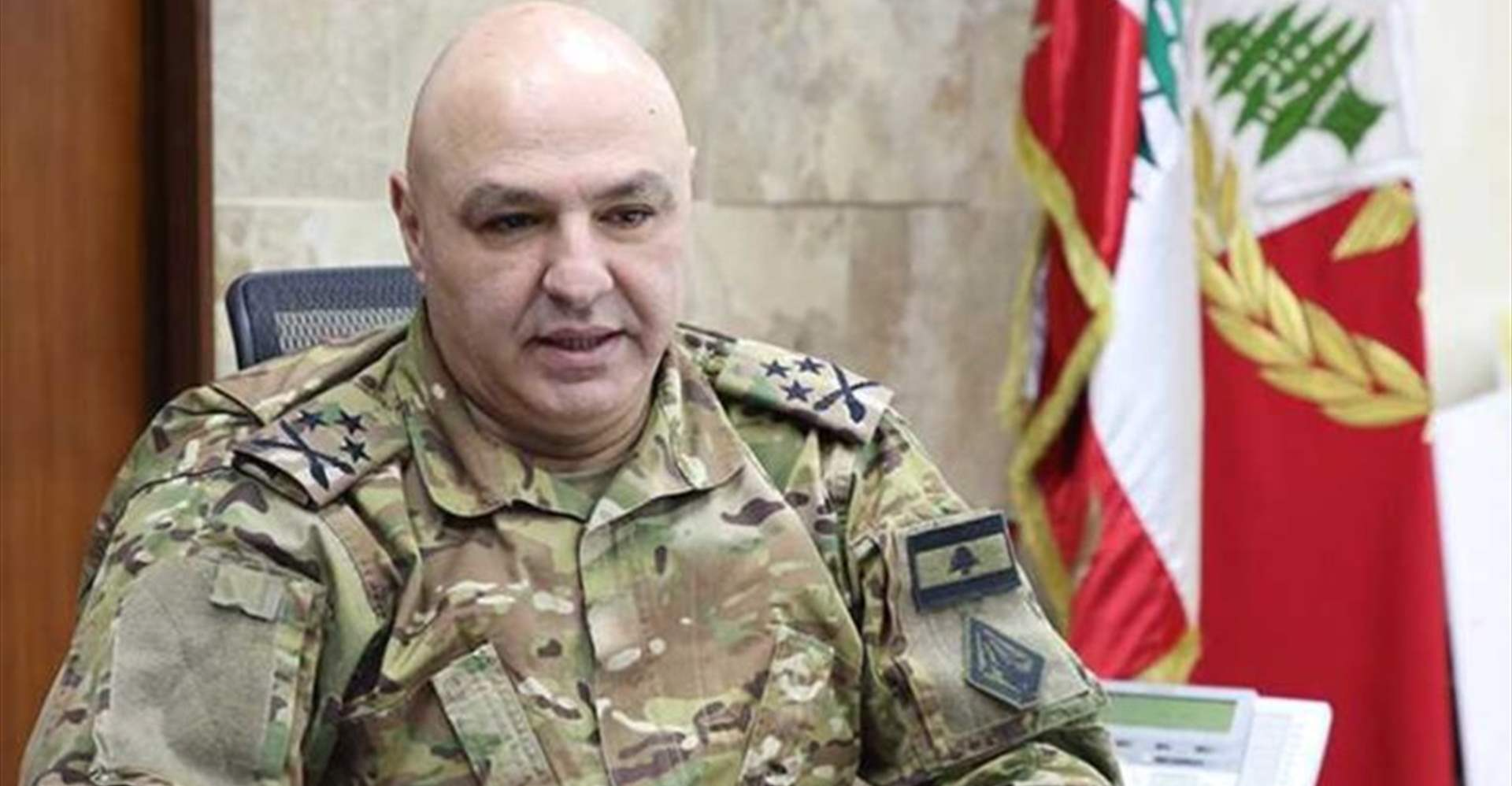
Shafaq News / With a parliamentary vote, and with clearly foreign influence, the Lebanese parliament elected General Joseph Aoun as the 14th President of the Lebanese Republic, carrying him from military command to the presidential palace in Baabda.
General
Joseph Aoun, who has led the Lebanese army since 2017, was elected in the
second round of voting by the parliament, securing 99 votes out of 128.
This is not
the first time a military leader has assumed the presidency in Lebanon, nor is
it unprecedented for a Maronite Christian to hold the country's highest office.
As such, the election session, attended by a large number of foreign and Arab
ambassadors and diplomats, underscores the significance that these countries
place on ending the two-year presidential vacuum.
It seems the
new Lebanese president will consider the concerns and interests of the
countries that have worked for months to settle a solution to Lebanon's
persistent political crisis. This crisis, which left the presidency vacant
after former President Michel Aoun's term ended, has significantly impacted
Lebanon's governance.
For the
Lebanese, it is not unusual for a military commander to ascend to the
presidency. Before Joseph Aoun, four army commanders have served as president:
Fouad Chehab, Emile Lahoud, Michel Sleiman, and Michel Aoun. The new president,
who is fluent in both English and French, joined the military in the early
1980s, advancing through the ranks over the years. Today, he faces an
extraordinary test, a sentiment shared by many both within Lebanon and abroad.
His first
public appearance as president, delivering his inaugural speech while dressed
in civilian attire rather than his military uniform, represents this initial
challenge.
Born in the
town of Sin el-Fil in the Metn district, General Joseph Aoun hails from the
southern village of Al-Aishiya. He holds degrees in political science and
military sciences, in addition to numerous military honors, including the War
Medal three times, the Wounded Medal twice, the National Unity Medal, the South
Dawn Medal, the Lebanese Merit Medal in various grades, and the National Cedar
Order of the Knight’s rank, as well as the Anti-Terrorism Medal.
In his first
presidential address, General Aoun described his presidency as a "new
chapter in Lebanon’s history," outlining the policies he plans to pursue.
His speech conveyed messages both to the domestic audience and the
international community, aiming to reassure all parties and set the direction
for the priorities of the presidency.
General Aoun
acknowledged that the authority to implement many of these policies lies
primarily with the government, reflecting the political balances within
Lebanon's parliament.
One of the
key messages from Aoun was a firm affirmation of the state's right to
monopolize the use of force. He emphasized the army’s responsibility in
securing Lebanon’s borders, particularly the southern and eastern borders, and
the importance of completing the border demarcation process, referring
specifically to the borders with Syria and Israel.
He also called
for discussions on a comprehensive defense policy that would enable the state
to remove Israeli occupation and counter Israeli aggression, while reinforcing
Lebanon’s relations with Arab countries.
Additionally,
he reiterated Lebanon's commitment to the right of Palestinian refugees to
return and stated that "we have a historic opportunity to build serious
dialogue with the Syrian state to address pending issues between our two
countries, especially in terms of respecting sovereignty and stability."
In his
domestic messages, which appeared to signal a willingness to engage with
Hezbollah and the Shiite community, Aoun pledged to "rebuild what was
destroyed by the Israeli enemy in the south, the southern suburbs, the Bekaa,
and across Lebanon."
He also
emphasized that Lebanon’s martyrs are "the spirit of our
determination," and that the country’s prisoners are "a trust upon
us." He encapsulated this sentiment with a poignant statement: "If
one of us is broken, we are all broken," addressing the political
narrative that some have suggested that the Shiite community no longer holds
decisive power in Lebanon's political and security decisions.
President
Joseph Aoun also highlighted the need to protect depositors' funds,
acknowledging the country's governance crisis and the need for changes in
political and economic practices. He stressed that no criminal or corrupt
individual should be immune from justice, and that Lebanon would combat mafias,
drug trafficking, and money laundering.
He also
committed to upholding a free economy, while also working to strengthen social
safety nets and ensure respect for media freedom and expression within
constitutional boundaries.
Constitutionally,
President Aoun is expected to call for parliamentary consultations to appoint a
new prime minister to succeed Najib Mikati, paving the way for the new
presidential term to begin.
General Aoun
now faces the challenge of governing as a political leader rather than a
military commander in a country marked by deep political complexities,
sectarian divisions, and power struggles between political factions.
This
challenge will test his ability to navigate Lebanon’s delicate political
landscape, shaped by 34 years of post-civil war sectarianism and ongoing
tensions.
